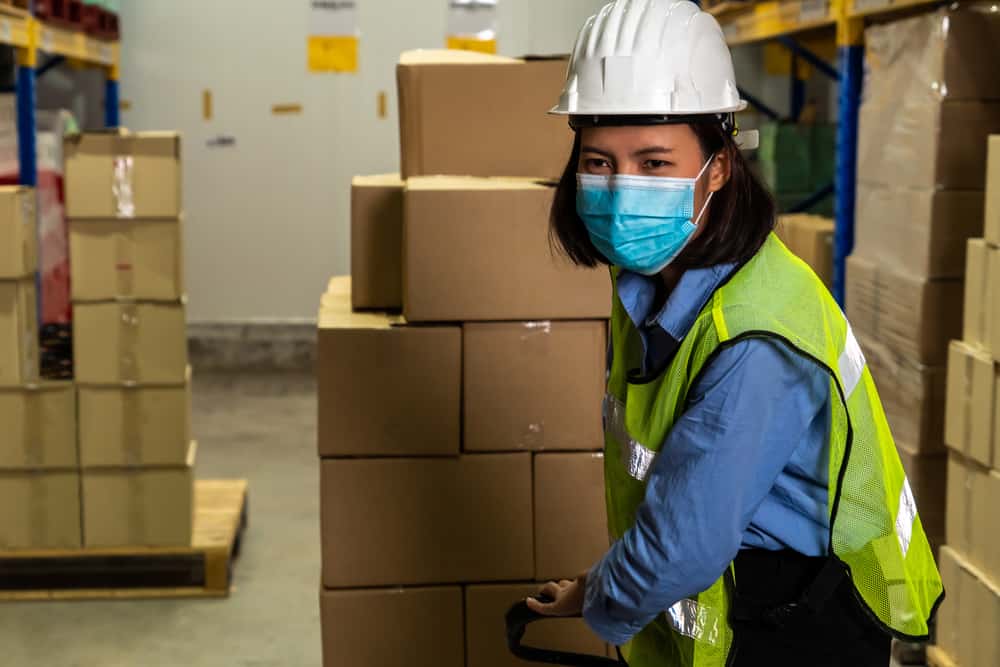Drug serialization is the process of identifying a medicine with a unique serial number that can be shared with others if necessary. It helps to track the movement of drugs within supply chains. Last year Brazil laid out a three-year comprehensive plan using serialization to stop the counterfeit drug market there.On January 14 2009, law Nº 11.903 was passed that mandates drug manufacturers and distributors in Brazil implement track and trace drug serialization. It created the National System of Medications’ Control to oversee the production, marketing, and distribution of medicines amongst other controls. Control will be by means of a serialized identification system including electronic capture, storage and transmission.
The law was scheduled to be implemented in steps over a 3 year timeframe to adequately prepare for the changes and stipulated the following deadlines:
- 2010 – Manufacturers and Suppliers
- 2011 – Purchasers, Products and Transportation and Logistics
- 2012 – Consumer/patient, Prescription and Doctors
However the scale and breadth of such a massive undertaking have already caused delays and the 2010 deadline seems to be slipping. Still we strongly support these efforts as moving in the right direction.
Drug serialization will help patients to get authentic drugs and medical devices and reduce the incidents of counterfeits. Pharmaceutical companies will also benefit as serialization will ultimately reduce logistics costs help to avert theft at various levels of their supply chains.


